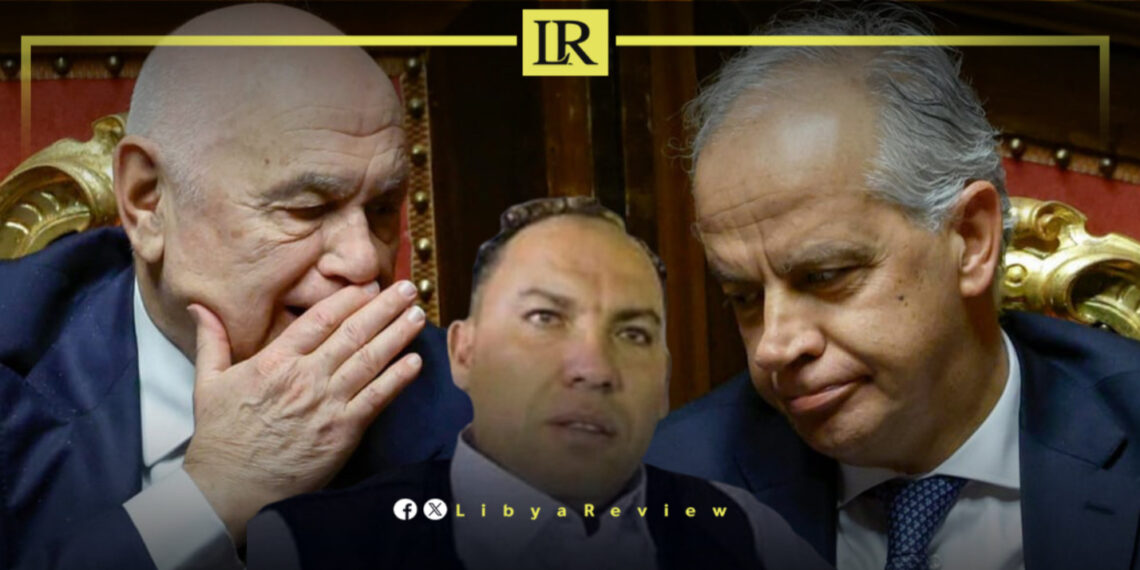Three senior Italian government officials are facing growing scrutiny over their alleged role in helping a Libyan war crimes suspect escape justice earlier this year. The case has sparked outrage in both Italy and Libya, where families of victims say justice was deliberately denied to protect political and economic interests.
Libyan General Osama Al Masri Najim, a top commander in the powerful RADA militia in Tripoli, was arrested in January in Turin, Italy, on an Interpol warrant issued at the request of the International Criminal Court. He is accused of committing war crimes and crimes against humanity during his time at Mitiga prison, including torture, enforced disappearance, sexual violence, and more than 30 murders.
But within 48 hours of his arrest, Al Masri was released and flown back to Libya aboard an Italian state aircraft. He was welcomed in Tripoli by supporters, while victims’ families and human rights advocates were left stunned.
According to a report submitted to the Italian parliament, the release was approved by Justice Minister Carlo Nordio, Interior Minister Matteo Piantedosi, and Cabinet Secretary Alfredo Mantovano after high-level meetings. The report alleges that the ministers prioritized short-term political concerns over international justice, fearing that detaining Al Masri would provoke retaliation from RADA, which controls security in key areas of Tripoli, including zones near the ENI gas plant in Mellitah.
Intelligence warnings also noted the risk of increased migration flows and potential arrests of Italian nationals in Libya. Based on these concerns, the ministers allegedly agreed on a “strategy of non-intervention,” which led to Al Masri’s release on the basis of a procedural delay.
In Libya, the case has been widely condemned by legal experts, civil society groups, and survivors of Mitiga prison. Many see it as yet another example of foreign governments enabling impunity for powerful militia leaders at the expense of Libyan victims.
The Italian parliament will vote on October 9 on whether to lift the officials’ immunity. Even if the ministers avoid prosecution in Italy, the ICC may take further action, and Libyan victims could seek redress through the European Court of Human Rights.


